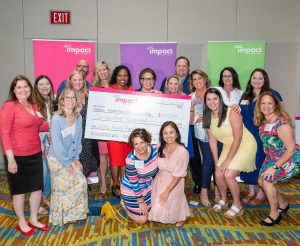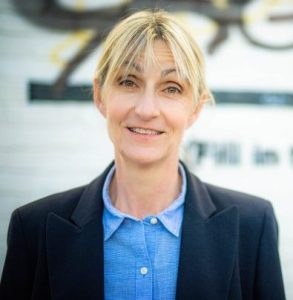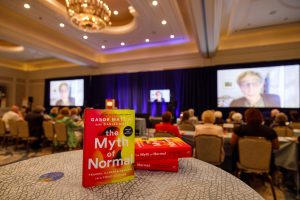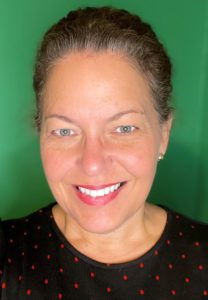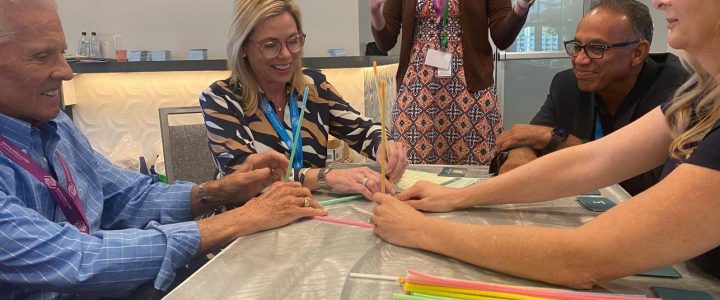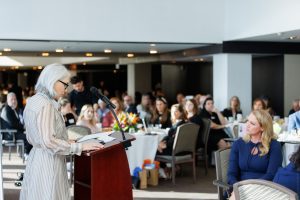NEWS RELEASE
March 18, 2025
For immediate release
Media contact: Cara Scarola Hansen
Center for Child Counseling Public Relations Counsel
cara@yourmissionmarketing.com
Renée Layman Appointed as FAIMH President
Layman continues to advance infant and early childhood mental health with service to Florida Association for Infant Mental Health.
Renée E. Layman, MS, LMHC, was recently appointed as President of Florida Association for Infant Mental Health (FAIMH) Board of Directors. Layman previously served as the vice president, alongside Past-President Dr. Harleen Hutchinson, in leading the nonprofit with further advancing infant and early childhood mental health.
“As a children’s mental health leader in her community, Renée has a legacy of promoting and protecting the mental health of children. We look forward to her stewardship and vision guiding the FAIMH Board of Directors into 2025,” stated FAIMH Executive Director Dr. Christine Hughes.
Layman has long served FAIMH, joining the board in 2018 and leading the FAIMH Palm Beach Chapter for many years prior.
FAIMH strives to build a community where all children in Florida will be nurtured, emotionally healthy, and ready to learn, to develop, and to reach their full potential. FAIMH achieves this by supporting and strengthening the infant and early childhood mental health workforce to better serve the young children and families of Florida together with its local FAIMH Chapters.
Layman is a Licensed Mental Health Counselor with almost thirty years of experience in mental health. As President and Chief Executive Officer for Center for Child Counseling (CFCC) since 2013, she has spearheaded significant initiatives in child and family mental health–specifically related to trauma-informed care and the prevention, awareness, and healing of adverse childhood experiences (ACEs).
Layman’s leadership extends well beyond her work at CFCC. She is the past co-chair of the FAIMH Palm Beach and Martin County Chapter, continuing to serve in a mentoring role for the current chairs. She is past co-chair of the Leadership Palm Beach County Engage program (2014-2016), volunteering with the organization for more than six years. She is the past president of the Nonprofit Chamber of Palm Beach County and continues to serve on their board to support local nonprofits. She chairs PBC’s Birth to 22 Trauma Sensitive Community Leaders Education subcommittee. She is also on the Board of Directors of the Florida Network for Youth and Family Services, a not-for-profit statewide organization representing more than 30 agencies that serve homeless, runaway, and troubled youth ages six and older and their families.
Layman commented, ”I hope to continue to advance infant and early childhood mental health in Palm Beach County and across Florida. The work of FAIMH directly connects with Center for Child Counseling’s; so, aligning efforts to focus on prevention and building capacity, especially in light of the youth mental health crisis, is essential.”
In recognition of her work, Renée received the Women in Leadership Award (WILA) from Executive Women of the Palm Beaches and Leadership Palm Beach County’s President’s Award in 2021, was recognized as Palm Beach County’s Nonprofit Executive of the Year in 2017, and received Delta Sigma Theta Sorority’s Women of Excellence: Health & Wellness Award in 2011.
Layman has been a passionate advocate for child and family mental health, bringing innovative programs and services for some of the most pressing issues facing vulnerable children and families in Palm Beach County. Under her leadership, Center for Child Counseling has grown to fill critical gaps in children’s mental health in Palm Beach County, using a public health approach that focuses on prevention and early intervention. As a FAIMH board member, she works with leaders statewide to improve the system of care for babies and young children across Florida.
“Infant and early childhood is at the foundation of lifelong health and wellness. FAIMH is working directly with system professionals and organizations so they have effective ways to support babies and young children facing adversity and trauma. I serve to build Florida’s capacity to build healthy families and communities–for a healthier future,” said Layman.
Layman will lead the board with Adam Baptiste, MD, who is stepping into the role of vice president.
The FAIMH Board of Directors includes: Dr. Christine Hughes (Executive Director), Renée Layman (President), Dr. Harleen Hutchinson (Immediate Past-President), Adam Baptiste, MD (Vice President), Stacey Blume, Charmian Miller (Treasurer), Amy Blechman, Douglas Brown, Maria José Horen, Dr. Maite Schenker, Julie Smythe, and Dr. Kristie Skoglund.
About Center for Child Counseling:
Center for Child Counseling has been building the foundation for playful, healthful, and hopeful living for children and families in Palm Beach County since 1999. Its services focus on preventing and healing the effects of adverse experiences and toxic stress on children, promoting resiliency and healthy family, school, and community relationships. www.centerforchildcounseling.org Twitter: @ChildCounselPBC Facebook: @CenterforChildCounseling Instagram: @childcounselpbc
###

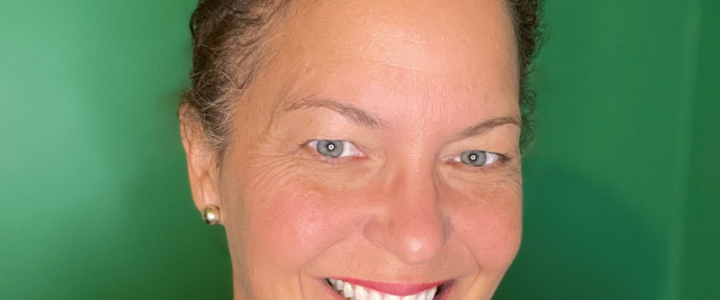
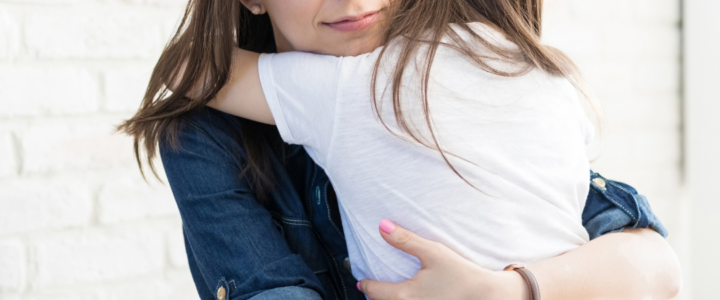

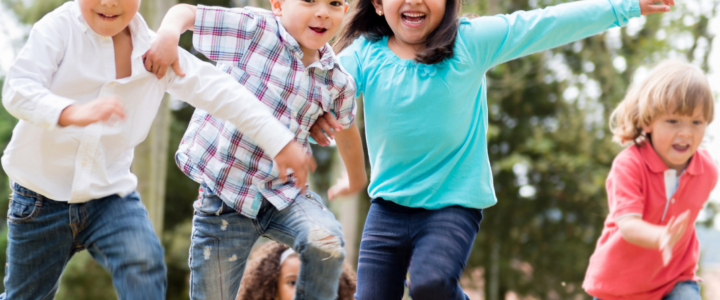


 foundation of our work with children. Our staff have ongoing training in Play Therapy and we are credentialed through the
foundation of our work with children. Our staff have ongoing training in Play Therapy and we are credentialed through the 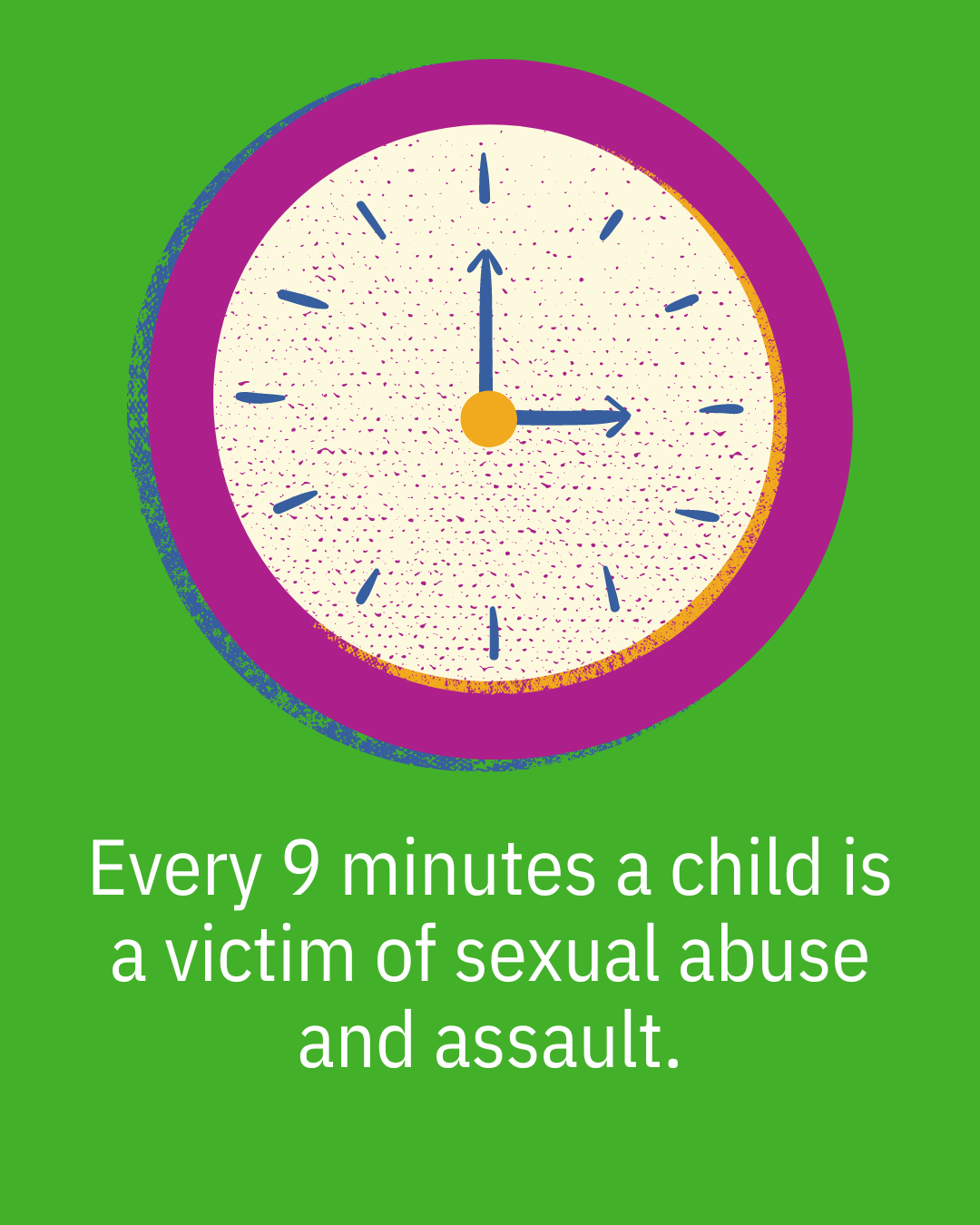
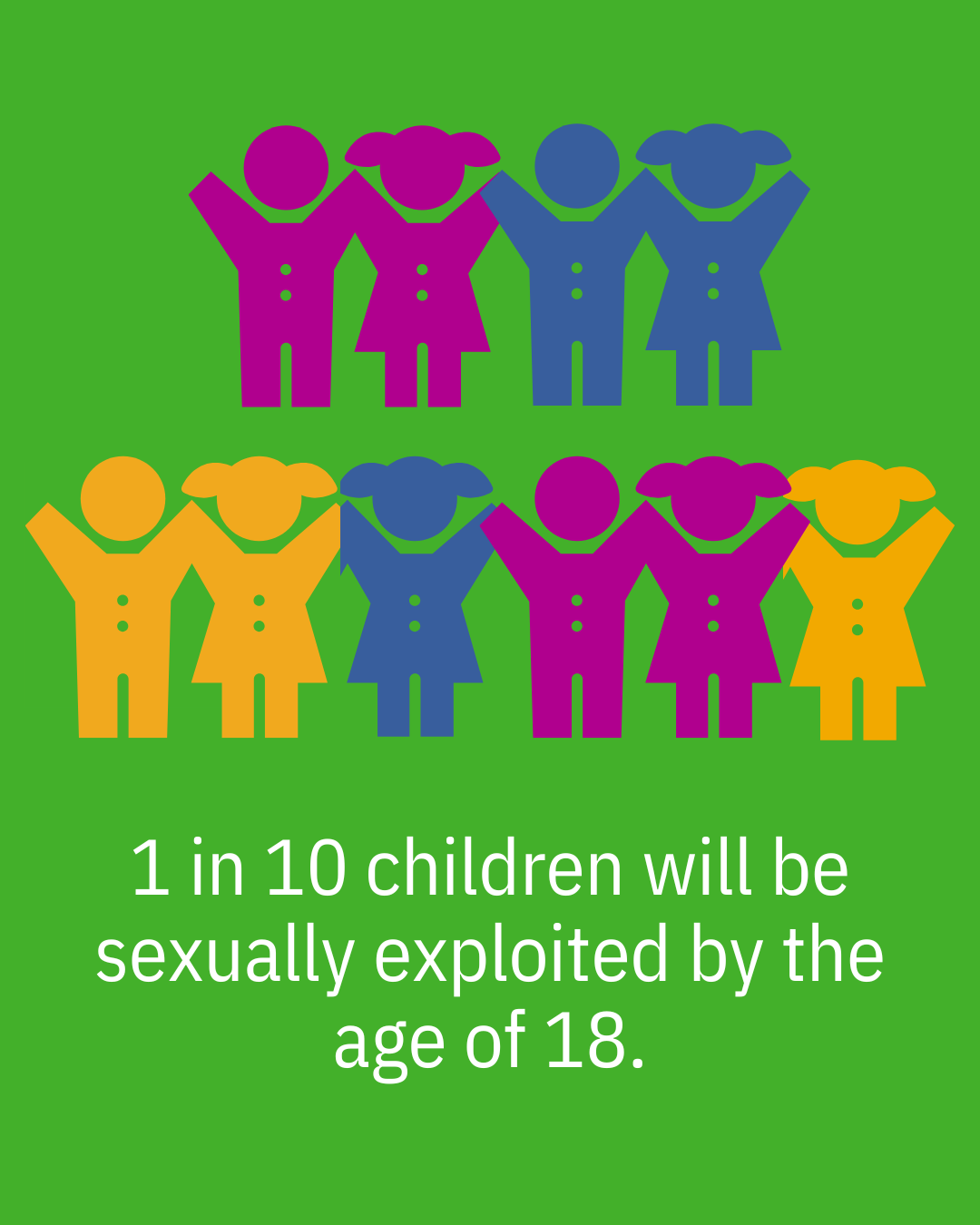

 Such an approach includes creating a system of awareness, education, prevention, support, and treatment in communities. Like the public health approach model used for wearing seat belts to prevent injury and death, we must change the societal behavior and norms around sexual abuse in order to alter society for the better. The long-term health and safety benefits of increasing trauma-aware adults has a direct correlation to decreasing all types of child abuse–sexual along with physical, emotional, and neglect. In turn, this can lead to higher educational achievement, less involvement with the criminal justice system, and better physical health and social outcomes overall.
Such an approach includes creating a system of awareness, education, prevention, support, and treatment in communities. Like the public health approach model used for wearing seat belts to prevent injury and death, we must change the societal behavior and norms around sexual abuse in order to alter society for the better. The long-term health and safety benefits of increasing trauma-aware adults has a direct correlation to decreasing all types of child abuse–sexual along with physical, emotional, and neglect. In turn, this can lead to higher educational achievement, less involvement with the criminal justice system, and better physical health and social outcomes overall. As the CEO of
As the CEO of 